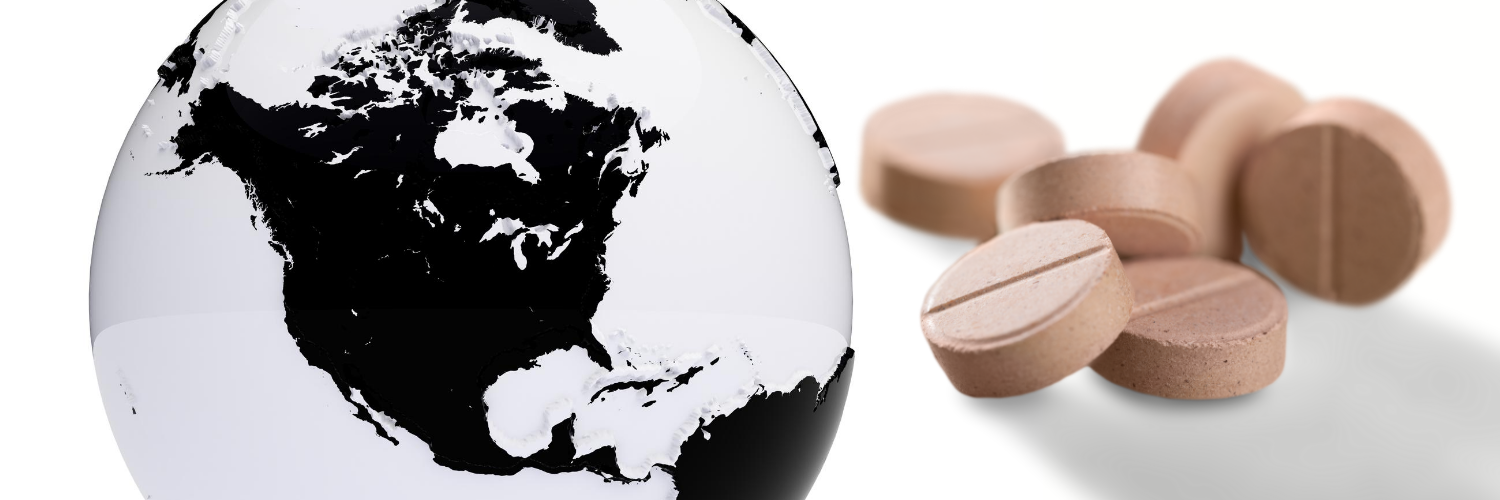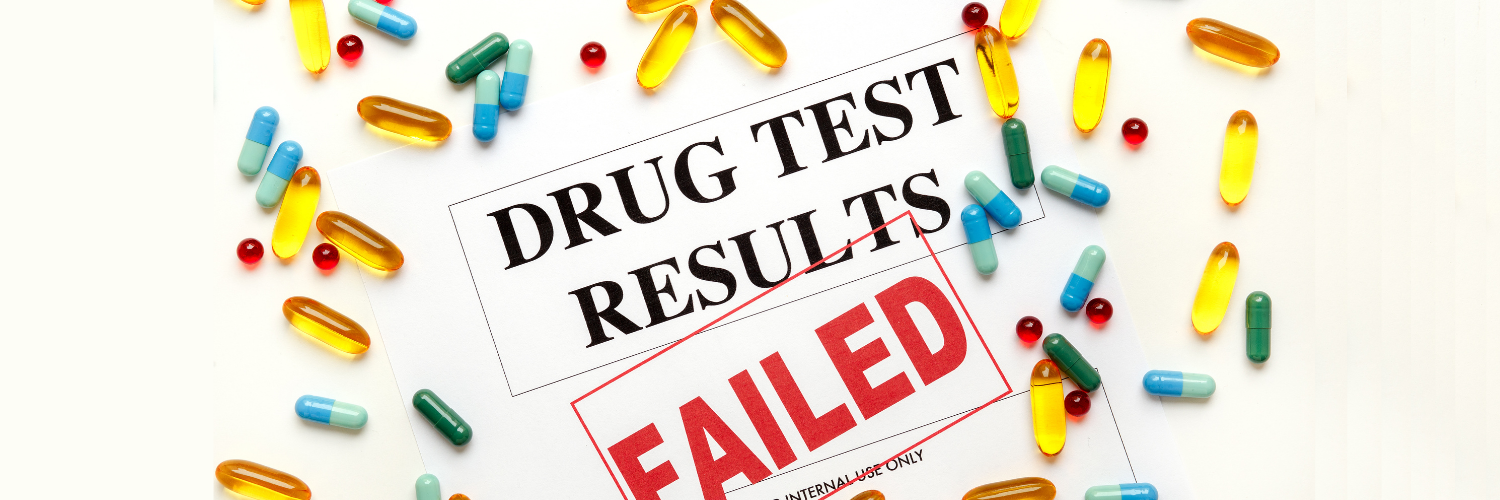Why are drug prices high in the U.S.?

Drug prices are too high in the United States. Eighty percent of Americans surveyed believe that drug prices are unreasonable. The issue is super complex, and it's one that we talk a lot about at PharmacyChecker.
High Drug Prices are a National Crisis
• 45 million Americans did not fill prescriptions in 2016 because of cost.
• The top 20 Medicare drugs have risen ten times the rate of inflation over the past five years.
• Specialty drugs and biologics for treating cancer, Hepatitis C, and many autoimmune diseases often cost $100,000 and up to sometimes a million dollars a year.
• Government programs have had to ration medicines.
• Prescription drugs are the fastest growing healthcare cost in the U.S.
Reasons Why Drug Prices are So High in the United States
We've identified the main reasons why drug prices are so high.
Monopoly Pricing Power
Monopoly pricing power is often the main reason for the high cost of a prescription drug. When a pharmaceutical company has a patent on a drug and the exclusive right to market and sell that drug, it will be priced to maximize profits. That means the highest possible price a company can get away with.
Monopoly pricing power is not only granted through patents. It can be extended through grants of market exclusivity by the FDA. During these special periods, drug companies often have exclusive rights to market a drug beyond the patent term. Such categories of medicines and their terms of marketing exclusivity include the following:
• Orphan Drug Exclusivity (ODE) — 7 years
• New Chemical Entity Exclusivity (NCE) — 5 years
• Generating Antibiotic Incentives Now (GAIN) Exclusivity — 5 years added to certain exclusivities
• New Clinical Investigation Exclusivity — 3 years
• Pediatric Exclusivity (PED) — 6 months added to existing Patents/Exclusivity
• Patent Challenge (PC) — 180 days (this exclusivity is for ANDAs only)
• Competitive Generic Therapy (CGT) — 180 days (this exclusivity is for ANDAs only)
Medicare Can't Negotiate Drug Prices
Medicare, which is the federal health insurance program for Americans 65 and older and those with certain disabilities, is the largest single payer for prescription drugs. Under law, the government is banned from negotiating drug prices sold through Medicare. It also can't create a national Medicare formulary.
Middlemen
Usually, drug companies are targeted as the reason drug prices are so high. It's true that they set the what is called the list price; however, other companies in the pharmaceutical supply chain are taking a cut, too. Those middlemen include health insurance companies, pharmacy benefit managers, wholesale pharmacies and retail pharmacies.
Patent Games (Evergreening, Pay-for-Delay, Withholding Ingredients)
When drug companies make a small change to patented drug, such as an extended release tablet (like Wellbutrin XL, or Ambien CR), to extend that patent, critics refer to the practice as evergreening. In seeking to maintain their monopoly prices, drug companies exploit the law to maximize the patent's power to keep a lower-cost generic off the market.
Pay-for-delay deals are made when the company with the patent pays a generic drug company to postpone launching a competing, less expensive generic version.
Generic drug companies need certain pharmaceutical ingredients to start the process of launching a generic version of a drug. Brand-name drug companies sometimes misuse drug safety protocols to withhold those ingredients from the generic drug company.
Generic Drug Price Spikes
Generic drugs are often inexpensive in the U.S. Widely-prescribed popular generic drugs, such as generic Lipitor (atorvastatin), generic Nexium (esomeprazole), and generic Ambien (zolpidem) are $10 or less per month. However, generic drugs can sometimes spike in price. In some cases, they can be more expensive than the brand! The price of a common generic antibiotic called doxycycline once spiked from $20 for 500 pills to $1,849 in about six months.
Generic drug spikes are not accidental. They are often due to a well-thought-out strategy by the generic drug company to market drugs with few, and sometimes no competitors. We know what that looks like: monopoly pricing. A few years ago, this became a serious problem. While it remains an issue, the severity has lessened.
Less Government Regulation
Another reason the prices are much higher in the U.S. than in other countries is that our laws do not regulate the drug prices to the extent found in other high-income countries, such as Australia, Canada, New Zealand, EU states and the UK.
Read about how brand drug prices are regulated in Canada
Drug Importation Restrictions
Millions of Americans buy cheaper medications from Canada and other countries because the prices are lower. While people are never arrested for filling prescriptions internationally for themselves, this personal drug importation is under most circumstances technically illegal. Drug companies are a different story: Most pharmaceuticals purchased at U.S. pharmacies are actually imported, legally, by or with the permission of the drug manufacturer. The drug company controls the distribution and, therefore, controls the price.
For a deeper dive into personal drug importation see our blog post: Personal Drug Importation is Protected by Congress
Drug Companies Say High Drug Prices are Needed for R&D
Pharmaceutical companies take the position that higher drug prices in the U.S. are needed for them to invest in research and development (R&D) to make new drugs. The pharmaceutical industry often throws around the figure, $2.6 billion, as the cost of developing a new drug. That number is based on research from the Tufts Center for the Study of Drug Development, an initiative mostly funded by drug companies.
Without very high profits, drug companies argue that there wouldn't be enough money to re-invest in R&D. Critics of the industry, such as Public Citizen, have done their own research. Its research showed that the average cost of developing a drug is $161 million. They also argue that the National Institutes of Health, which is taxpayer-funded, contributes a lot to basic research that leads to drug development.
Clearly, the hard data does show that the drug companies spend more money on marketing and advertising than on drug development.
Patient Advocacy
PharmacyChecker believes that drug prices need to come down in America. We advocate for consumers as part of our work with PharmacyChecker, and through other organizations, by participating in the federal rule-making process, educating policy-makers, and, mostly, helping you afford the medications you need.





Ken Laing
Ken Laing